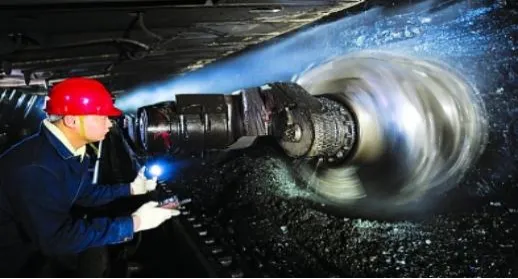9 月 . 02, 2024 14:21 Back to list
High-Quality Cast Steel Check Valves for Optimal Fluid Control
Understanding Cast Steel Check Valves
Cast steel check valves are essential components in various industrial applications, designed to allow fluid flow in one direction while preventing backflow. These valves are primarily made from a type of steel that provides significant mechanical strength, making them suitable for high-pressure and high-temperature environments.
One of the main advantages of cast steel check valves is their durability. Cast steel, as opposed to forged steel, is manufactured by pouring molten steel into a mold. This process enables the creation of complex shapes and sizes, allowing for flexibility in design and application. The inherent strength of cast steel ensures that these check valves can withstand critical conditions, making them ideal for use in oil and gas, chemical processing, and water treatment industries.
There are two common types of check valves swing check valves and lift check valves. Swing check valves feature a disc that swings on a hinge, allowing fluid to flow in one direction while sealing tightly when reverse flow occurs. On the other hand, lift check valves use a mechanism where the disc rises and falls, depending on the flow direction. Each type has its own applications and advantages, and the choice between them often depends on specific system requirements, such as flow characteristics and space constraints.
cast steel check valve

The installation and maintenance of cast steel check valves are crucial for ensuring optimal performance. Proper installation helps in avoiding leaks and ensuring that the valve operates correctly under various conditions. Regular maintenance, including inspections for wear and tear, ensures the longevity and reliability of the valve.
Furthermore, the versatility of cast steel check valves allows them to be used in a range of applications, from pipelines to pumps and compressor systems. They are especially favored in sectors where fluid dynamics must be carefully controlled to prevent damage to equipment and ensure a safe operational environment.
In summary, cast steel check valves play a vital role in many industrial processes. Their robust design, material strength, and operational efficiency make them invaluable in preventing backflow and ensuring smooth fluid control. When selecting a check valve, it is important to consider factors such as the type, size, and application to ensure optimal functionality and longevity.
Share
-
Understanding the Differences Between Wafer Type Butterfly Valve and Lugged Butterfly ValveNewsOct.25,2024
-
The Efficiency of Wafer Type Butterfly Valve and Lugged Butterfly ValveNewsOct.25,2024
-
The Ultimate Guide to Industrial Swing Check Valve: Performance, Installation, and MaintenanceNewsOct.25,2024
-
Superior Performance with Industrial Swing Check Valve: The Essential Valve for Any SystemNewsOct.25,2024
-
Industrial Swing Check Valve: The Ideal Solution for Flow ControlNewsOct.25,2024
-
You Need to Know About Industrial Swing Check Valve: Functionality, Scope, and PerformanceNewsOct.25,2024